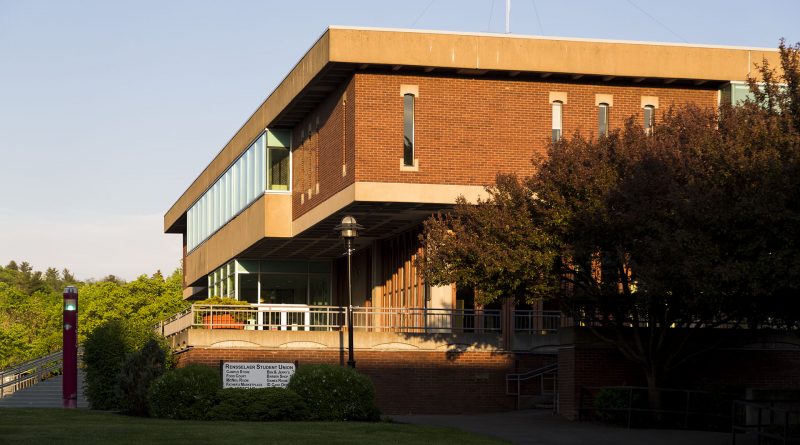Calling for Better Financial Transparency
To the RPI Community:
Given the pending changes in reporting and authority for the director of the Union position, the last vestige of shared governance at RPI appears to be in its final days. When implemented, this action will complete the transition of RPI’s administration to a top-down corporate governance model, in the stated interest of a so-called “transformation.”
For this type of governance model to be successful over the long-term, it requires two key elements: transparency and accountability for results. In my opinion, there is a need to improve both of these elements at RPI, in addition to Institute governance.
Did you know that RPI produces an Annual Report and Audited Consolidated Financial Statement for each fiscal year, ending June 30th, files them with the Municipal Securities Rulemaking Board at the end of October, and the MSRB posts these reports to its free public website at emma.msrb.org?
When reviewed and analyzed, the financial statements reveal a very clear picture of RPI’s operating results and financial condition. The reports are also rich with information that is not found in IRS 990 reports, thus providing insights that every stakeholder at RPI (alumni, faculty, staff, and students) would likely want to have. Moreover, these reports are delivered on a very timely basis and, when viewed over several years, reveal a narrative of what is working well and what is not.
The SEC and bond investors require all of this information to be disclosed in a timely manner to improve an investor’s ability to monitor risks and make informed investment decisions with respect to RPI’s outstanding bonds. Yet, if an alumnus calls the Division of Finance and requests these reports (which I have done in the past), you will be told that they do not make them available.
So, I recommend that every alumnus who has been, or is considering, giving hard-earned money to the Institute go to the MSRB website and read these reports. When you have financial facts, you can make more informed and timely decisions regarding financial participation and, if desired, hold RPI’s leadership accountable for its results. This is the same information that enables the credit rating agencies, bond investors, and bank lenders to hold the Institute accountable for its financial results.
Considering the broader issue of RPI’s governance and accountability to alumni donors, when you give, you become a financial stakeholder. Some donations are very large, some are medium, and some are small. Yet, only the very largest donors are ever considered for a seat on RPI’s Board of Trustees. Along with weak financial transparency and minimal accountability to stakeholders, there is no representation on the Board for mid-sized and small alumni donors who, in aggregate, contribute a substantial amount to the Institute every year.
I urge all faithful and supportive alumni who have given, or plan to give, to the Institute to demand improved financial transparency and accountability for results from RPI’s leadership. Furthermore, if you feel RPI’s system of governance is in need of improvement, please consider supporting the platform of ten changes espoused by Renew Rensselaer, a growing alumni group of which I am a part. That platform is now available on our Facebook page.
Any transformation at RPI should include improvements that will enhance alumni interest in providing the necessary financial support for the benefit of the Institute. I firmly believe that some level of Board representation for all alumni donors would help stimulate alumni financial participation at all levels, both in terms of total dollars and participation rate—a statistic now well below the level of our peer institutions.
With sincere loyalty to RPI and greater financial participation, a united alumni base can fuel the type of transformation we all want for the Institute: to regain proper standing as a world-class technological institution. Serious improvements to transparency, accountability and governance are an integral part of making that transformation possible.
John A. Krob ’78



